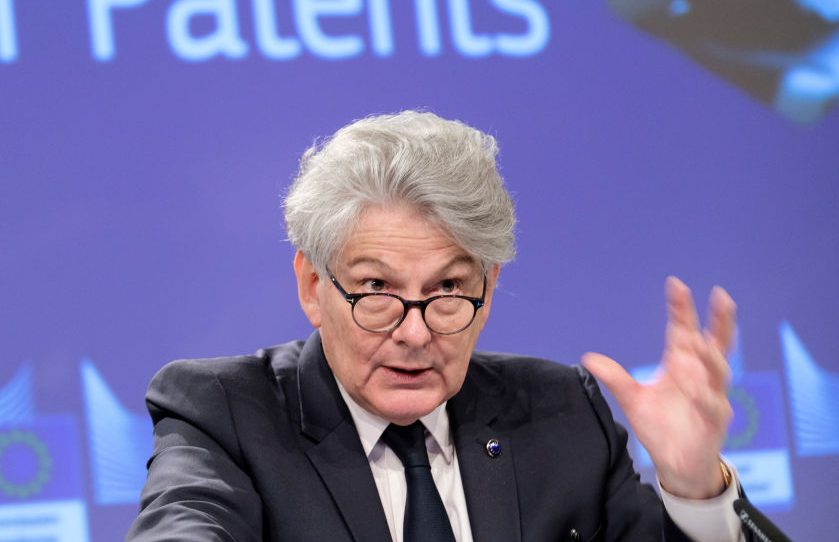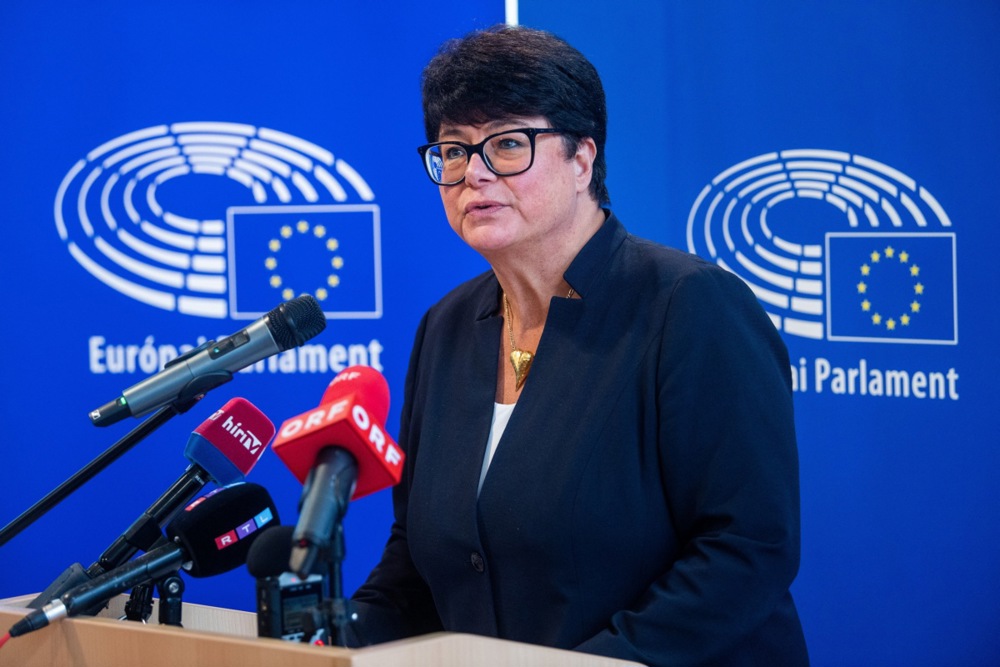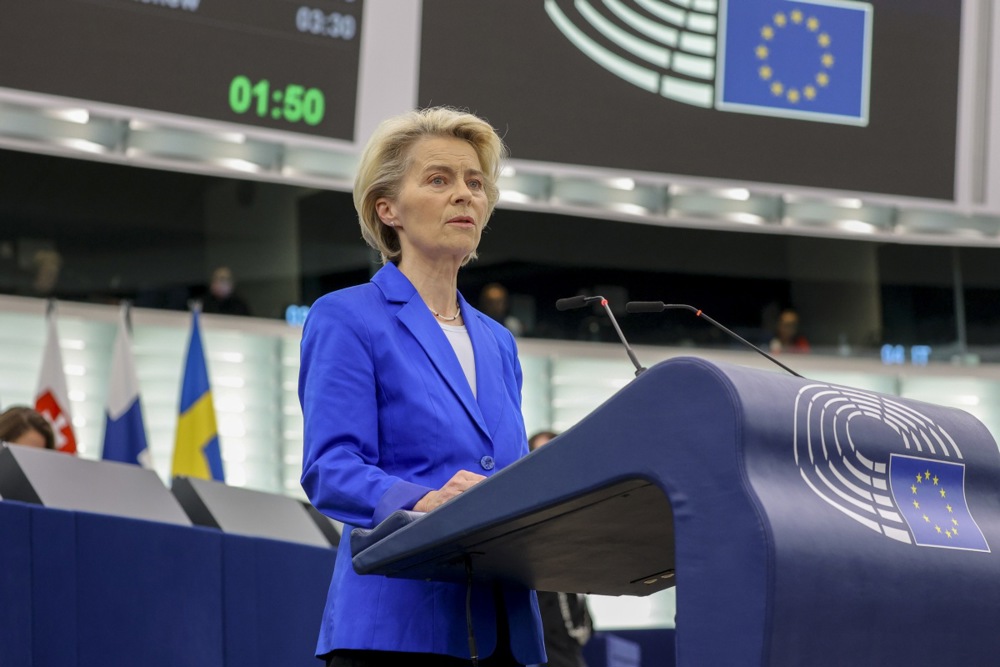The European Commission has launched a preliminary investigation into TikTok and Meta over allegations surrounding “illegal content”.
It follows the start of a similar investigation into Elon Musk’s X over claims that the social media firm might not be doing enough to fight “disinformation” as outlined by the Digital Services Act (DSA).
In a press release published on October 19, the EC confirmed it had sent a formal request to both TikTok and Meta for “information” regarding their moderation practices.
We have sent a request for information to Meta and TikTok under the Digital Services Act.
More info ↓https://t.co/E1WoQc8bpq#DSA
— European Commission (@EU_Commission) October 19, 2023
Commissioners highlighted the recent Hamas attacks against Israel as context for their investigation into Meta, while issues surrounding “hate speech” are said to be at the core of the TikTok inquiry.
Both organisations now have until October 25 to give the EC requested information relating to their “crisis response” frameworks, and until November 8 regarding queries to do with the “protection of integrity of elections”.
In the case of TikTok, the Chinese firm will also have to respond to questions regarding the protection of minors online by the latter date.
“The Commission can impose fines for incorrect, incomplete, or misleading information in response to a request for information,” Brussels warned.
Eurocrats added that a complete failure to reply by either party would result in the executive taking legal action, which could be followed by fines for both companies.
The European Union has launched a preliminary investigation into Elon Musk’s X over claims it allowed “hate speech” and other forms of “illegal content” on the site. https://t.co/rt8lVgCjEj
— Brussels Signal (@brusselssignal) October 13, 2023
The investigation comes as Commissioners attempt to accelerate their push for online censorship.
Having already handed itself significant powers to control online operations using the DSA, Brussels has now told EU Member States they are not being handed their new censorship powers fast enough.
In a recommendation published on October 18, EC President Ursula von der Leyen urged European Union countries to “fast track” their implementation of the DSA, despite the legal deadline for many of the legislation’s changes not being until February 2024.
Again justifying the push for censorship by citing the Hamas assault on Israel, Von der Leyen insisted that the bloc must fight an “online assault of heinous, illegal content promoting hatred and terror”.
“With our Digital Services Act, Europe now has strong rules to protect users, including vulnerable population groups, from intimidation and to ensure fundamental freedoms online,” she said, asking for the “informal” early implementation of many clauses contained within the DSA.
The European Commission has told European Union Member States to “fast track” the bloc’s online censorship powers under the Digital Services Act. https://t.co/TH44KNai7J
— Brussels Signal (@brusselssignal) October 19, 2023





